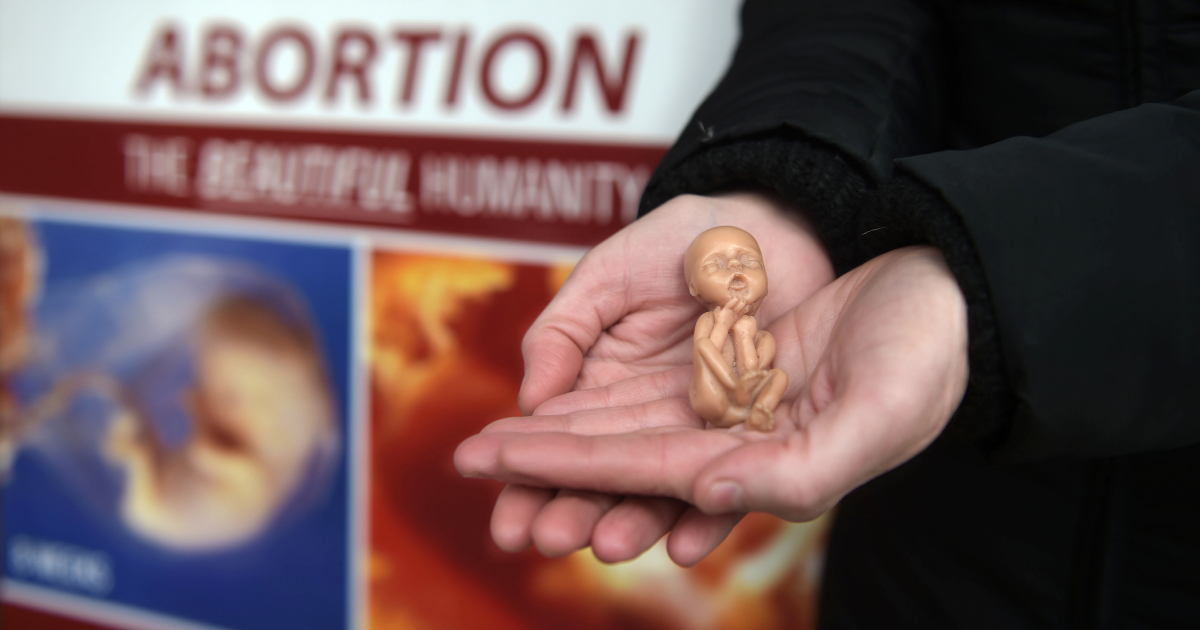A US Catholic pressure group has lodged a petition in Rome after accusing Bishop Vittorio Francesco Viola, Secretary of the Dicastery for Divine Worship and the Discipline of the Sacraments, of advancing a position on the jurisdiction of marriage that the group claims contradicts established Catholic teaching.
Mary’s Advocates, a lay organisation that upholds marriage against no-fault divorce, focusing particularly on Catholic marriage, and which defends spouses who oppose a civil divorce, argues that the bishop’s stance involves an error historically condemned as an “anathema”.
The dispute follows Bishop Viola’s rejection of a canon law appeal brought by a woman identified only as “Susan”, whose husband filed for civil divorce earlier this year.
She maintains that her marriage, celebrated in the Catholic rite, is subject to the Church’s jurisdiction alone, particularly in cases of separation. Her supporters argue that divorce, in law, is simply a civil judgement on separation and that the Church “has exclusive jurisdiction over marriage cases of separation”.
In her filings, Susan asserts that her husband abandoned the marriage without just cause and that she is entitled to a canonical judgement establishing the obligations of the spouses.
She contends that Bishop Viola’s reasoning and decision appears to concede that civil authorities may determine such obligations without reference to ecclesiastical teaching.
Mary’s Advocates says the problem is that “the civil courts may act as they please regarding obligations of spouses, and the Church neither objects nor offers relevant teaching”, arguing that this is incompatible with canon law and the Church’s historical practice.
The case has now been submitted to the Supreme Tribunal of the Apostolic Signatura, the Church’s highest judicial authority. At issue is whether a Catholic spouse may unilaterally decide that filing for civil divorce is permissible, or whether such action requires ecclesiastical determination.
Mary’s Advocates argues that “the Church never ceded its exclusive authority over separation of spouses to the civil courts”.
The situation is further complicated by state laws that oblige civil courts to grant divorce after brief periods of separation. In many jurisdictions, including where Susan resides, a judge must grant divorce after a year’s separation. Advocates warn that such statutes leave faithful spouses “powerless to stop the court from forcing a divorce”.
Mary’s Advocates, founded in 2004 by Bai Macfarlane, says it seeks to “provide resources [such as] books, support network, referrals, [a] petition to ask the Church to implement canon law on separation, and education about marriage nullity proceedings”.
It also aims to “publicise civil and Church laws that can be invoked to challenge unilateral no-fault divorce”.
Drawing on jurisprudence of the Roman Rota, the group publishes canonical templates for abandoned spouses and highlights cases where civil processes diverge from ecclesiastical norms.
The group notes, “Anathema means a formal condemnation of heresy, expressed in canons with the phrase: ‘If anyone says … let him be anathema.’”
The organisation takes inspiration from Sr Lucia of Fatima’s warning that “The final battle between the Lord and the reign of Satan will be about marriage and the family,” a line frequently cited in its materials.
Photo: Wedding dresses at a wedding fair in Paris, France, 13 September 2025. The Paris wedding fair presents 'the entire economic ecosystem of the sector'. (Photo by DANIEL PERRON/Hans Lucas/AFP via Getty Images.)

















